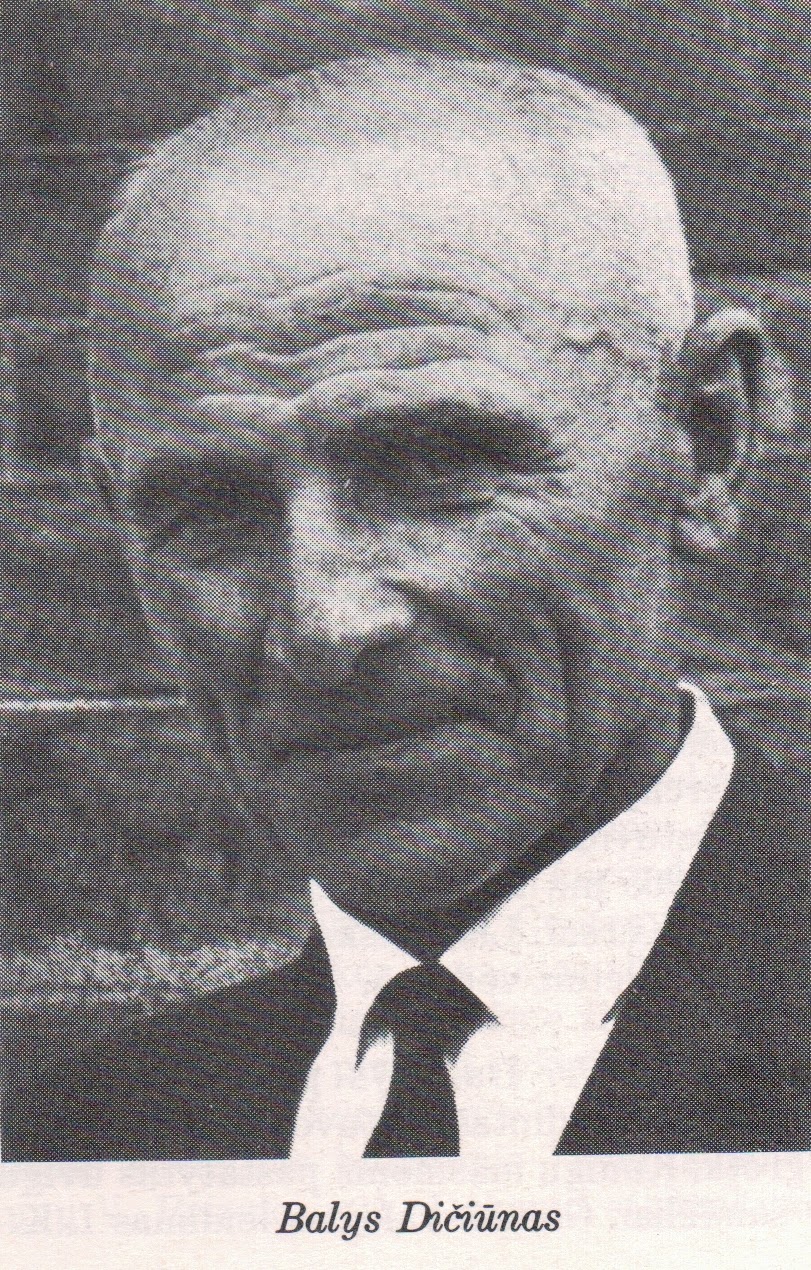In 1964, the Adelaide Lithuanian National
Dancing group travelled to the tuna capital of Australia, Port Lincoln. January
24 – 27th 1964, the annual Tuna festival was held, attracting
tourists from all ends of Australia and even around the globe. The dancing group was invited to the festival
led by Bronė Lapšienė. Friday evening,
28 dancers where chaperoned by Bronė and Vytautas Vosylius aboard a bus that
would take them 400 miles from Adelaide.
Although they were tired, not having slept
much during the night bus ride the dancers gave an excellent performance at the
festival. The public were spellbound,
the two performances were did not satisfy them.
The group preformed another time on the Sunday evening.
Before every dance, student Antanas
Stepanas would broadcast over the microphone a brief introduction to Lithuania,
its people, culture, customs, songs and described the dance to be seen. Antanas then introduced each dancer by
name. During the break, Germanaitė gave
a lovely solo recital on the accordion.
The dancers were accommodated in a private
home before boarding the bus once again for the long journey home. The bus driver was able to show some of the
highlights of the local area before departing the sea side town.







